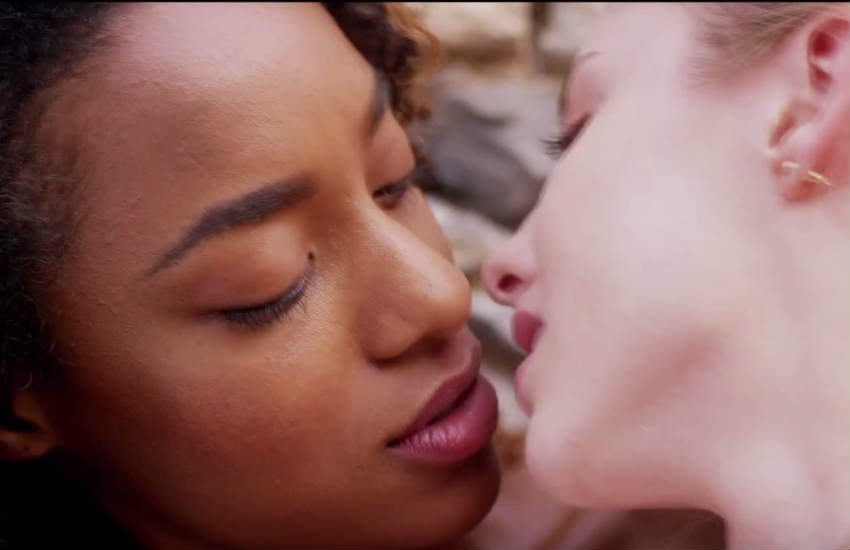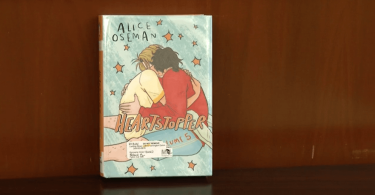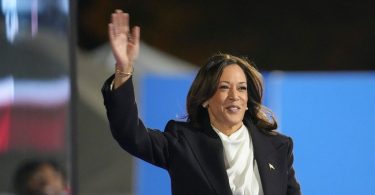Juliet learns to love again thanks to Veron, an American girl. | Photo: With A Kiss I Die
Bisexuality representation, vampires, and a Greek island: With A Kiss I Die has it all. In the movie, premiering on 28 August, the Juliet we all know and love has fangs, sucks blood and is bisexual.
Yes, this is definitely a lot to process for Shakespeare’s purists, but let’s look at the bright side. The tragedy of Romeo & Juliet has undergone several movie adaptations throughout the years – from Franco Zeffirelli’s classic film to Baz Luhrmann’s extravaganza – but this will be the first time Verona’s heroin is a bisexual woman. Or a vampire, for all that matters.
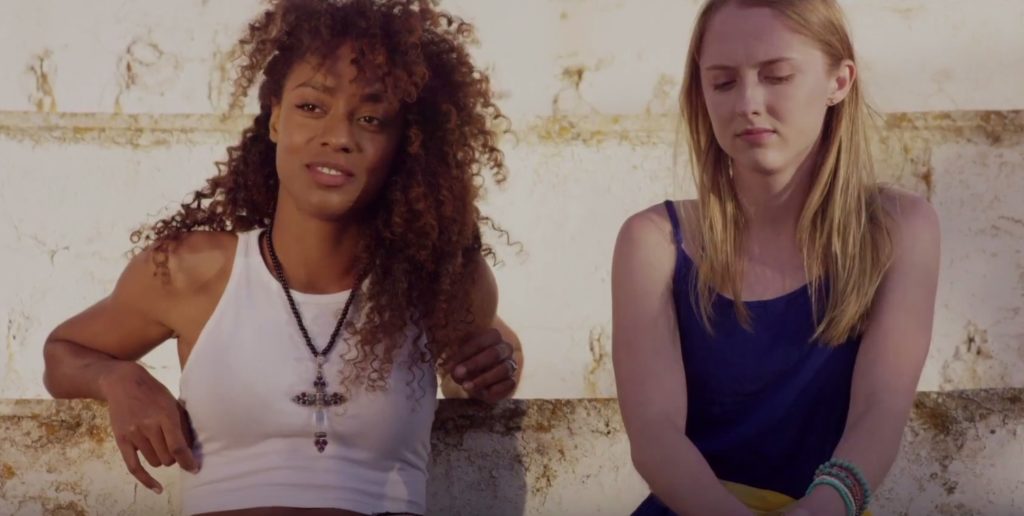
Ella Kweku and Paige Emerson in a scene. | Photo: With A Kiss I Die
Juliet is a vampire
Turned into a blood-sucking creature after her attempted suicide, Juliet is now a badass vampire who gave up on love. Portrayed by actress Ella Kweku, the character is still mourning the loss of her beloved Romeo, who died in her arms 800 years earlier.
But even eternal loyalty has an expiration date. Juliet, in fact, meets Farryn (Paige Emerson), an American girl who makes her reconsider her life and death choices.
Desperately in love, Juliet has to challenge societal norms and go against her family once again. Hopefully, it won’t end in a double suicide this time around.
Watch the trailer below:
[embedded content]
Twilight meets Mamma Mia!
Borrowing heavily from different cinematographic inspirations, director Ronnie Khalil sets this tale of love and violence on a Greek island. If it rings more than one bell, you’re not wrong.
Two lovers belonging to different worlds falling in love in a dreamy Greek paradise is the hybrid between Twilight and Mamma Mia! we never knew we needed.
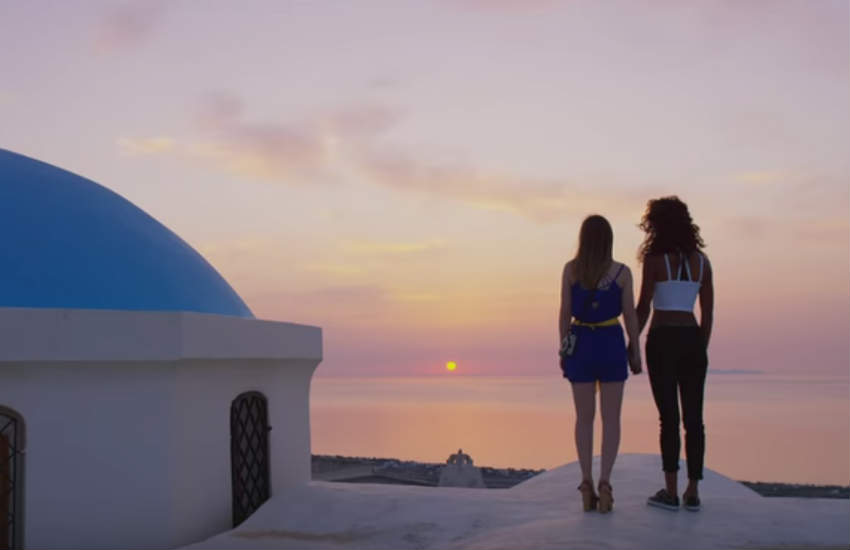
Is there anything more romantic than a sunset on a Greek island? Perhaps holding hands with a Shakespearean character. | Photo: With A Kiss I Die
Congrats, Juliet: you’re bi!
Derived from one of the most romanticized tragic tales of all times, With A Kiss I Die takes on a different angle and increases bisexuality visibility. Despite never truly forgetting her love for Romeo, Juliet develops sexual attraction and romantic feelings for someone of her same sex, which makes her a bisexual character.
‘[It] was never about making an iconic character bisexual. I think it makes sense that someone living as long as she has would try to find love over the centuries through any means possible and, when it finally happens with another woman, that she’s open to it,’ said director Ronnie Khalil.
He explained the biggest challenge was portraying a love story which was ‘genuine, regardless of gender’.
Khalil also said he wanted to make sure ‘the relationship wasn’t seen as a “straight man’s stilted view” of a female same-sex relationship and to keep it honest, which is why we didn’t change anything in the script when it came to the romance’.
We’re not sure how Shakespeare would feel about this, but we’re on board.
Read more from Gay Star News:
We need to talk about bi erasure in media: ever heard of the Unicorn Scale?

